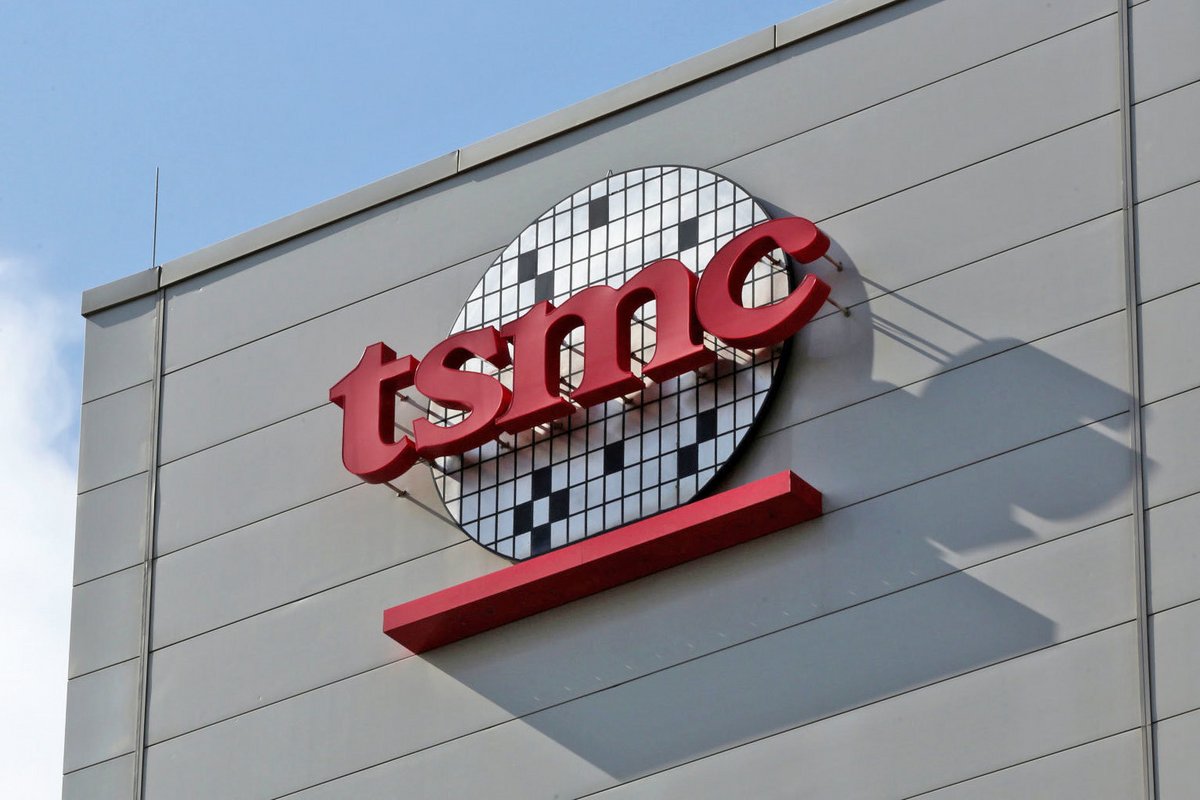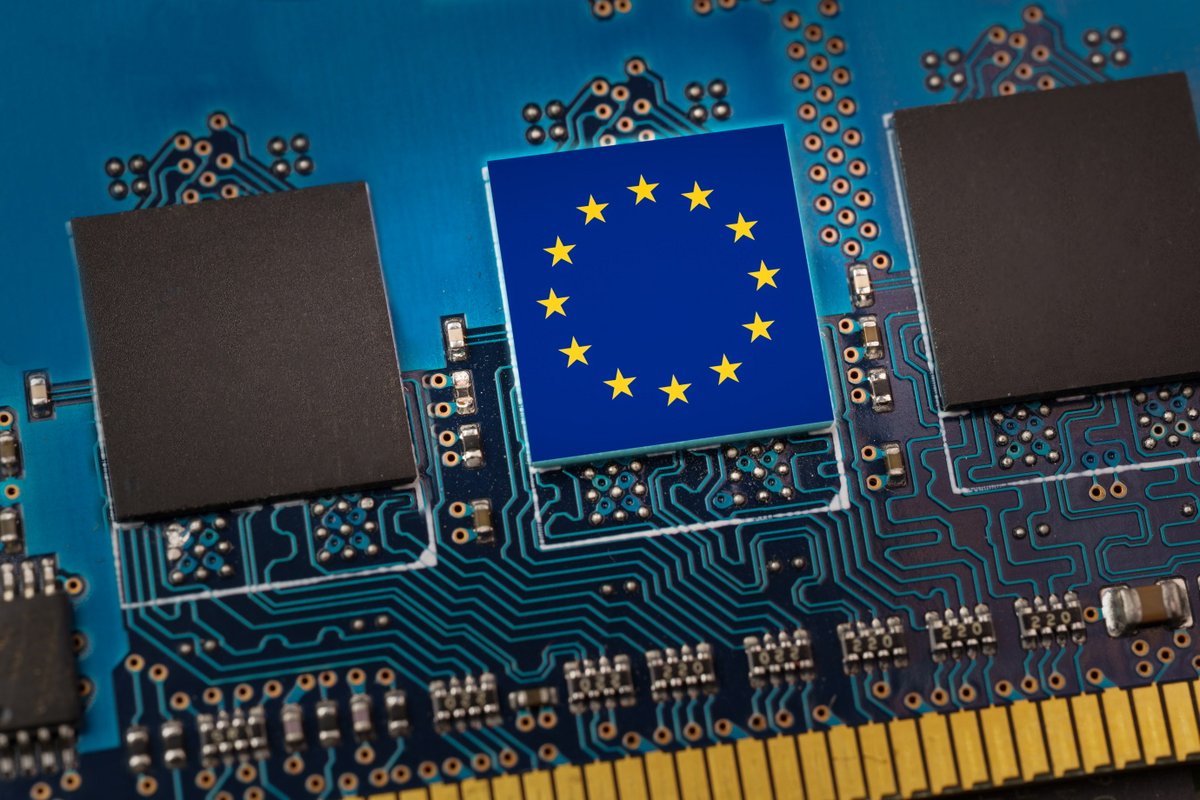The year 2023 promises to be full of new international challenges, among which semiconductors. These chips that have become so vital could well cause friction between the great powers.
For many countries, the COVID crisis has revealed ties of dependency incompatible with strong sovereignty. One of the products that best illustrated these shortcomings was the semiconductor, which was in short supply for more than two years. Even if the supply is better at the end of the year, in particular due to the slowdown in the global economy, these chips could be the source of geopolitical tensions in 2023.
The CHIPS Act, a new “ America is back »?
It must be said that the investments to come are colossal, like the famous American CHIPS and Science Act. With the signing of this law on August 9, the United States intends to once again become the leading producer of semi-components in the world and reverse a trend that is decades old. In 1990, they accounted for 37% of the world’s semiconductor production, compared to 13% today. A figure far too low for Washington’s taste.
It is thus a law of disproportionate proportions, and benefiting from bipartisan support, which was born this summer. It will have a total envelope of 280 billion dollars intended to support the development of cutting-edge technologies such as artificial intelligence, nanotechnology or quantum computing. But in this treasure, it is indeed the semiconductors which carve out the lion’s share, with an exclusive share of 52.7 billion dollars, divided between production subsidies over the next 5 years (39 billion), and funding for R&D and training (11 billion).
The results are already there. According to the Semiconductor Industry Association (SIA), the CHIPS Act would thus have been at the origin of more than 40 investment projects in the United States which would represent more than 200 billion dollars. Enough to put yourself in a more comfortable position vis-à-vis China.
China will have to deal with the restrictions
If, when signing the law, Joe Biden had quoted pell-mell “ China, Japan, South Korea, the European Union all of which are making historic investments of billions of dollars to attract companies to their countries to produce these chips », it is indeed the Middle Kingdom which is targeted.
Indeed, the giant funding of the CHIPS Act was followed in October by the implementation of new and much stricter regulations on the export of American technologies. The sale to China of semiconductors used in cutting-edge sectors such as AI or supercomputers is now prohibited, as is the sale of equipment used in their production. Additional restrictions are also placed on trade in the sector, and new fact, US citizens and permanent residents are prohibited from participating in the manufacture in China of semiconductors affected by this new standard.
This hardness is essential beyond the American borders. Thus, the Dutch company ASML, which occupies 60% of the world market for chip-making machines, had, following these restrictions, to urgently ask its employees to stop dealing with Chinese customers. Also, in December, Bloomberg announced that Washington and Amsterdam had reached an agreement on possible export restrictions in the field.
China and Taiwan, the epicenter of concerns
For the American authorities, these decisions should make it possible to slow down the military development of a China presented as belligerent, but also to reduce its power of nuisance over the United States and its allies. And to win the economic battle, something that Joe Biden did not hide: “ All this is in the interest of our economy, and it is also in the interest of our national security. »
For its part, China quickly counter-attacked. In mid-December, it filed a procedure with the WTO for protectionist practices. For her, Washington does ” barrier to normal international trade in goods, including chips, and […] threatens the stability of the global industrial supply chain “. According to the Reuters news agency, it will also initiate a five-year financing plan of 143 billion dollars to support its microprocessor companies.

But if the objective is to starve an overly assertive China, whose ambitions are materialized by the Taiwan question, isn’t there a risk, paradoxically, of ultimately making the island a territory of vital importance for the Middle Kingdom? And this, while it is above all for the moment a political and symbolic question for Beijing. Taiwan is home to TSMC, the undisputed semiconductor giant, which manufactures 50% of chips smaller than 10nm and 92% of latest-generation chips etched with extreme ultraviolet (EUV) technology.
And Europe in all this?
The problems of TSMC are those of the world, and more particularly those of the European Union, the poor relation of the advanced countries in the field of electronic chips. Even on the Old Continent, ambitions have been revised upwards. The very first European factory of TSMC could thus see the light of day in Germany, while a local CHIPS Act has been adopted, with 43 billion euros at stake.
Enough to support the installation of Intel, in Germany once again, and to try to make Europe the producer of 20% of the world’s semiconductors by 2030, against 10% currently. However, by the very admission of the European Commission, our countries will never be independent for the supply of chips.

The European Union will then have to navigate between its political and military alliances with the United States, and the economic necessities that bind it to China. A difficult exercise, as the recriminations of Peter Wennink have shown again. In an interview published on December 13 in the newspaper NRC Handelsblad, the boss of ASML argued that the sanctions of the United States affected his company much more than the American producers themselves. ” US chipmakers have no problem with China as a customer “, he says. He adds that ASML “ had already made sacrifices “. Something to set the mood for 2023.
Sources: The Great Continent, McKinsey, New Factory, The White House, wall street journal, Outlook, Bloomberg, The gallery, Reuters (1), 01net, Reuters (2)
3